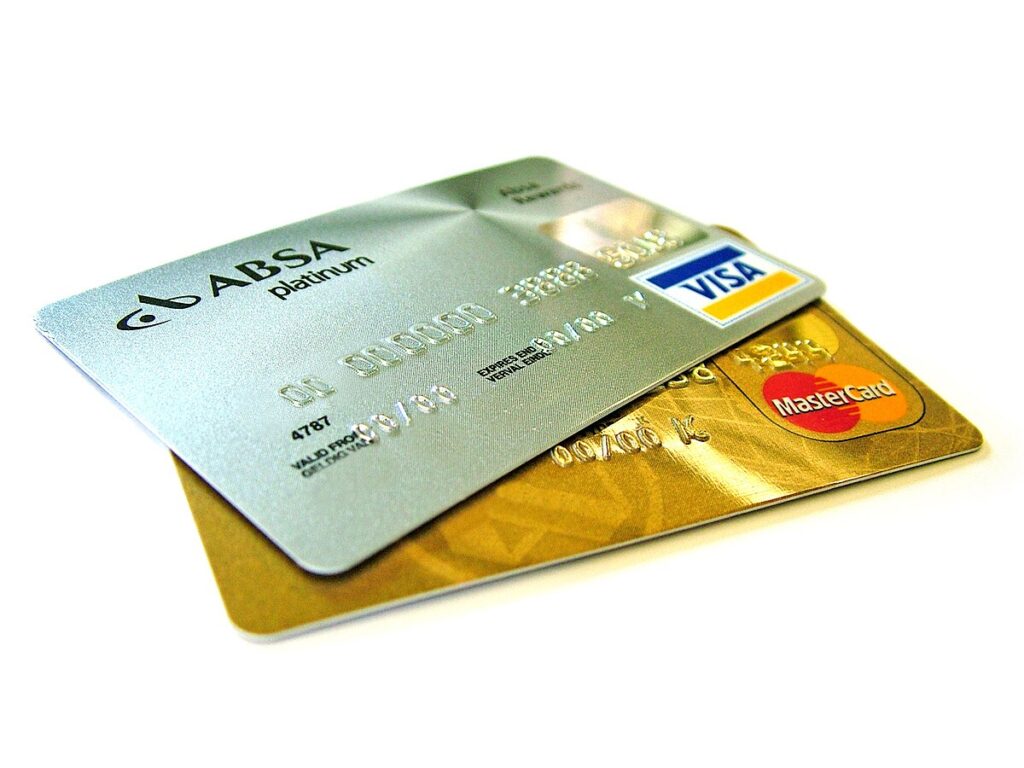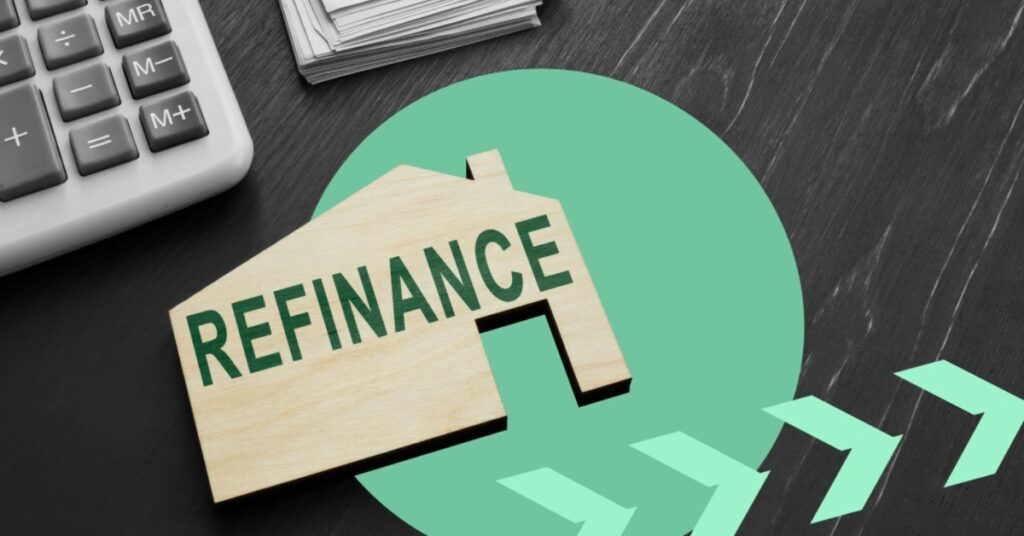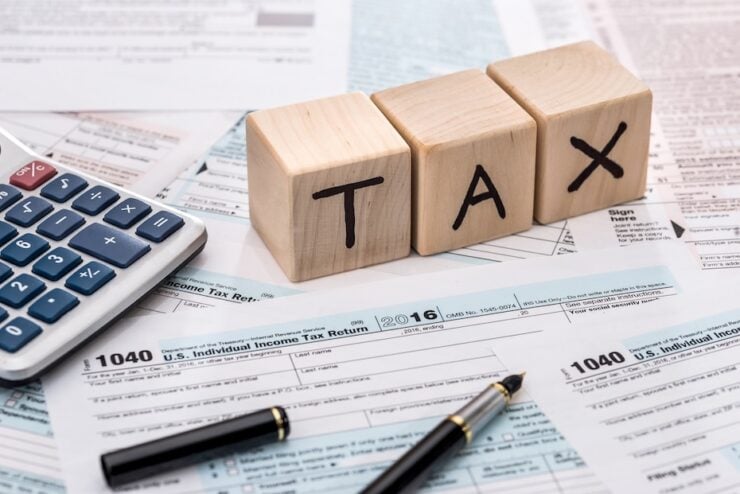Budgeting Tips for Expats in the UAE: Must-Have Affordable Guide
Moving to the UAE brings exciting opportunities, vibrant cultures, and a bustling lifestyle. However, for many expats, managing finances while adapting to a new environment can be challenging. Budgeting tips for expats in the UAE are essential to ensure a comfortable and stress-free stay. From understanding living costs to making smart saving choices, this guide covers everything you need to maintain financial stability without sacrificing your quality of life.
Understand Your Fixed and Variable Expenses
One of the first steps in effective budgeting is differentiating between fixed and variable expenses. In the UAE, fixed costs often include rent, utilities, and transportation, while variable expenses might include dining out, entertainment, and shopping.
– Rent: Accommodation is the largest expense for many expats. Depending on your location—Dubai, Abu Dhabi, Sharjah, or smaller emirates—prices can vary significantly. Shared accommodations or living slightly outside the city center can save you a substantial amount.
– Utilities: Electricity, water, and internet costs can add up. Be mindful of your consumption, as air conditioning often leads to high bills, especially in summer.
– Transportation: Public transport systems like the Dubai Metro are affordable and reliable compared to taxis or owning a car. For longer-term budgeting, consider investing in a personal vehicle only if necessary.
Save Smartly on Groceries and Dining Out
Food can be an unpredictable expense if not planned well. Budgeting tips for expats in the UAE highlight some clever ways to keep grocery bills manageable:
– Shop at Local Markets and Supermarkets: Traditional markets (souks) and hypermarkets often offer fresh produce at better prices than premium supermarket chains.
– Buy in Bulk: Certain items like rice, pulses, and frozen food can be purchased in bulk and stored, reducing cost per meal.
– Cook at Home: Dining out frequently in the UAE can be expensive. Preparing meals at home saves money and can be healthier.
– Look Out for Deals: Many restaurants and cafes offer discounts during off-peak hours or “happy hour” deals. Apps and websites like The Entertainer offer buy-one-get-one-free promotions that can save considerable money.
Utilize Cost-Effective Housing Options
Accommodation is a significant portion of an expat’s monthly expenses. Finding cost-effective housing is critical:
– Consider Shared Accommodation: Sharing a villa or apartment with other expats can decrease rent dramatically.
– Explore Different Neighborhoods: Areas like International City or Deira offer more affordable rents compared to downtown Dubai or Abu Dhabi’s Corniche.
– Negotiate Rent: It’s common for landlords to negotiate rents, especially if you’re prepared to sign a longer lease or pay several months upfront.
Take Advantage of Free and Low-Cost Entertainment
The UAE might be famous for luxury experiences, but it also has plenty of free or inexpensive activities perfect for those on a budget:
– Public Beaches and Parks: Many emirates have nice parks and beaches that don’t charge entry fees.
– Cultural Festivals and Exhibitions: The UAE hosts numerous cultural events, many of which are free to attend and provide a great way to experience local heritage.
– Museums with Free Entry Days: Some museums offer free or discounted entry on specific days or times—plan your visits accordingly.
Manage Your Healthcare Expenses Wisely
Healthcare in the UAE can be costly, but with the right approach, you can minimize expenses:
– Insurance: Ensure you have comprehensive health insurance, whether through your employer or privately.
– Choose Clinics Over Hospitals for Minor Issues: Clinics often charge less than hospitals for routine check-ups or minor ailments.
– Preventive Care: Adopting a healthy lifestyle reduces the need for frequent medical visits.
Plan Your Savings and Investments Early
Savings should be a part of every expat’s financial planning. Even on a tight budget, putting aside a small percentage of your income regularly can build a safety net:
– Open a Local Bank Account: This simplifies managing your money and often offers better interest rates or perks.
– Look into Retirement Savings Plans: Although UAE doesn’t have a mandatory pension system, expats should consider international retirement plans or other investment options.
– Avoid Unnecessary Debt: Use credit cards wisely to benefit from rewards and avoid interest charges.
Use Technology to Track and Control Your Spending
Apps and online tools can be invaluable for budgeting:
– Expense Trackers: Apps like YNAB (You Need A Budget) or Spendee can help you monitor where your money goes.
– Currency Converters: If you send money home, keeping an eye on exchange rates can maximize value.
– Online Deals and Coupons: Many websites aggregate discounts specifically for UAE residents.
FAQs
1. What is the biggest monthly expense for expats in the UAE?
For most expats, housing and rent constitute the largest portion of their monthly budget. Prices vary significantly depending on the emirate and neighborhood, so choosing your location wisely is the most effective way to lower your fixed costs.
2. How can I reduce my utility bills during the hot summer months?
Since air conditioning is the primary driver of high electricity bills, you can save by:
- Setting your AC to a moderate temperature (around 24°C).
- Closing curtains during the day to block sunlight.
- Ensuring your apartment has good insulation or “green” building features.
3. Is it cheaper to use public transport or own a car?
Generally, using the Dubai Metro, buses, and trams is much more affordable than car ownership, which includes costs for fuel, insurance, maintenance, and parking. However, if your commute is long or involves areas not covered by public transport, a personal vehicle may become a necessity.
4. Where should I shop for affordable groceries?
To keep food costs low, avoid premium “western-style” supermarkets for your daily staples. Instead:
- Shop at hypermarkets (like Lulu or Carrefour).
- Visit local souks (markets) for fresh produce.
- Buy dry goods like rice and lentils in bulk.
5. Can I negotiate my rent in the UAE?
Yes. Rent negotiation is common. You often have more leverage if you can offer to pay your annual rent in fewer checks (e.g., 1 or 2 checks instead of 4 or 6) or if you are willing to sign a multi-year lease.
6. Are there ways to enjoy the UAE lifestyle without spending a lot on entertainment?
Absolutely. The UAE offers many low-cost options, including:
- Public beaches and parks (many are free or have a nominal fee).
- Cultural festivals and community events.
- Using discount apps like The Entertainer or Smiles to get “Buy One Get One Free” deals on dining and activities.
7. Why is having health insurance so important for budgeting?
Healthcare in the UAE can be very expensive without coverage. Most employers are legally required to provide insurance, but you should ensure your plan is comprehensive enough to cover your needs so you aren’t hit with high out-of-pocket costs for emergencies or specialist visits.
8. How can I track my spending effectively?
Using digital expense trackers like YNAB or Spendee allows you to see exactly where your money is going in real-time. Additionally, many UAE bank apps now feature built-in spending categorizations to help you monitor your monthly habits.
Conclusion
Budgeting tips for expats in the UAE revolve around smart spending, smart saving, and understanding the local cost landscape. By balancing fixed and variable expenses, choosing affordable housing options, and making use of free activities and deals, expats can enjoy their time in the UAE without financial strain. Remember, budgeting is not about restricting your lifestyle but empowering you to make informed financial decisions that lead to a fulfilling expatriate experience.










